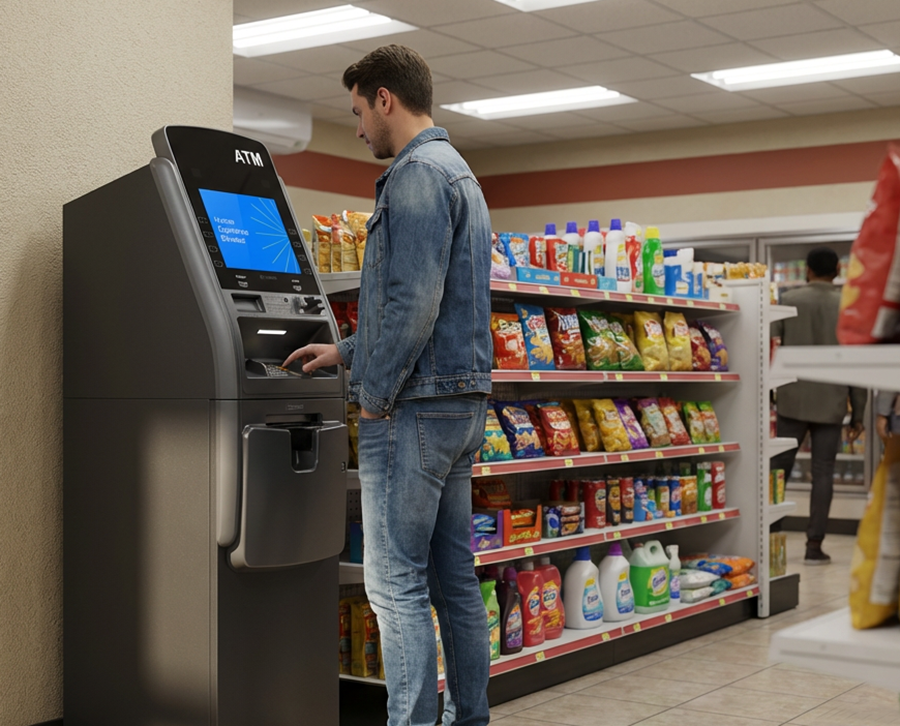What can the US learn from countries that have tried to create a cashless society and failed?

The approach towards a cashless society varies across countries and it is interesting to observe how some are actively embracing it while others are not taking steps in that direction. According to the European Central Bank, cash was the most commonly used payment method for point-of-sale transactions, both in-store and person-to-person, accounting for 59% of such transactions in 2022.
Sweden is often cited as the leading example of a cashless country, with only 13% of its population using cash on a regular basis. However, for some consumers not being able to pay in cash is a real concern. Recently the Swiss Freedom Movement (FBS) announced it had collected enough signatures to trigger a national vote to preserve cash for posterity. If passed, Switzerland would be the first country to pass a law that would ensure citizens always can pay in cash.
While some countries like Sweden have opted for a combination of electronic payments and cash, others such as India have attempted to transition to a cashless society and faced challenges. So, what’s can US businesses learn from the various challenges other countries have faced?
Pros & Cons of a Cashless Society
Advocates of a cashless society point to the fact that electronic payments offer higher efficiency, security, and transparency compared to cash. Electronic payments can be processed quicker and are more accurate, lowering the risk of clerk errors and delays in merchant payments. Furthermore, electronic payments mitigate the risk of theft and counterfeiting while also enabling better tracking and monitoring, thereby aiding in identifying and preventing fraudulent transactions.
On the other hand, tracking and monitoring transactions is the number one reason cited as why consumers are reluctant to move towards a cashless society. In a cashless society every financial transaction can be tracked, recorded, and potentially shared with third parties without consent. This raises concerns about privacy violations, government surveillance, and data breaches.
In addition to privacy concerns, a cashless society requires a reliable digital infrastructure, including secure payment systems, high-speed internet, and widespread access to digital devices. In underdeveloped countries and rural areas or in time of crisis such as a hurricane, tornado or earthquake, infrastructure may not be stable – leaving citizens with no way to pay for essentials items.
The absence of these technologies is one reason why India failed in their attempt to move towards a cashless society. It was hampered by technical glitches and outages in the digital payment systems.
US Cities & States Fighting Move to Cashless
In 2020 New York city passed legislation making it illegal for retailers to not accept cash for in-person sales, joining other big cities like Philadelphia, San Francisco and Washington, DC.
U.S. state legislatures have also expressed concerns about the move towards a cashless society and have taken steps to prevent businesses from refusing to accept cash payments. Cashless bans are already in place in several East Coast states including: Massachusetts, New Jersey, Connecticut, Rhode Island and Pennsylvania as well as California, Oregon, Colorado and more. Already in 2023, cashless bans have been proposed in Seattle, Arizona, Oklahoma, Missouri, Illinois, and a half dozen more.
But why? The reasoning behind these laws is similar to the concerns raised in other countries - financial exclusion and privacy. Cash payments are widely used in the US, particularly among low-income households, Baby Boomers, and those without access to digital payment methods. According to the report issued by the U.S. Congress Joint Economic Committee roughly 20% percent of U.S. adults are either unbanked or underbanked, meaning they lack access to a bank account or rely on alternative financial services. And a disproportionate share of lower-income earners are people of color.
By requiring businesses to accept cash, these laws aim to ensure that everyone has access to goods and services, regardless of their financial situation or access to technology.
There are also major concerns around privacy and surveillance, with some legislators worried that a move towards a cashless society could give government too much control over people's finances as seen in 2022 when Canadian banks froze about C$7.8 million ($6.1 million) under emergency powers meant to end protests in Ottawa and at key border crossings.
According to the International Monetary Fund, in a cashless society the general public won’t have access to “a state-guaranteed means of payment and the private sector will to a greater extent control accessibility, technological developments, and pricing of the available payment methods.” By requiring businesses to accept cash, these laws aim to protect people's right to privacy and financial autonomy.
What is the Lesson?
A mixed payment system has more pros than cons for both consumers and merchants. It guarantees equal participation in the economy for all, irrespective of their income and access to a bank account. It also allows consumers to select a payment method that aligns with their requirements and preferences, whether it's cash, credit cards, mobile payments, or any other option. Additionally, a mixed payment system helps prevent any single payment method from dominating the market - promoting healthy competition.
The Swedish government is a great example of a well-balanced payment infrastructure that accommodates both cash and digital payment methods, ensuring that everyone has access to the payment options that suit their needs best.
Give your customers easy access to the cash they need with an ATM in your business.
Contact BFC Enterprises to discover if your business qualifies for a free, turn-key ATM.


